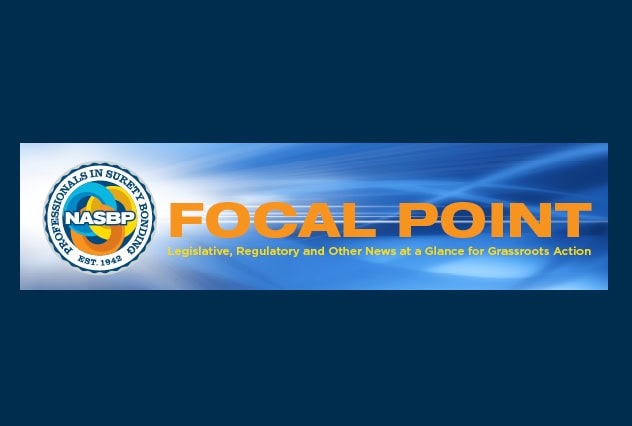Search & Filter
Search
Topic
Region
Audience
Post Type
Tariff-Driven Cost Increases: Can Federal Contractors Recover Through REAs?
By Aron C. Beezley and Nathaniel J. Greeson of Bradley Arant Boult…
Six Essential Tips for Avoiding Product Substitution Issues on Government Contracts
By Sarah E. Barney of Seyfarth Shaw LLP Originally published March 19,…




